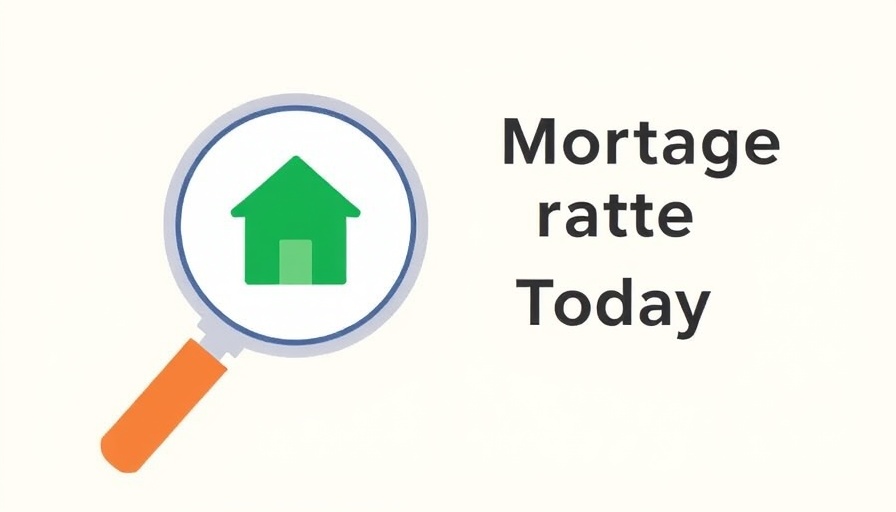
Understanding Private Equity in 401(k) Plans
In a recent push by the government, the landscape of retirement investing is set to change with the introduction of private equity in 401(k) plans. Signed into action under Executive Order #14330 by President Donald Trump, this initiative aims to democratize access to alternative assets for 401(k) investors. But what does this mean for small business owners and managers looking to enhance their retirement portfolios?
The Benefits of Including Private Equity
Adding private equity to 401(k) plans could offer significant advantages. Historically, private equity investments have outperformed traditional investments like stocks and bonds, making them attractive options for retirement savings. By including such opportunities in 401(k) plans, investors might achieve a higher return on their investment, thus significantly boosting their savings over time. Moreover, private equity investments often involve companies with strong growth potential, which may lead to more substantial gains.
Weighing the Risks: Is Private Equity a Safe Bet?
While private equity offers appealing benefits, it also comes with inherent risks. The lack of liquidity can be a significant downside, as investments in private equity are typically not easily converted into cash. Investors may have their funds locked in for several years before seeing any returns. Additionally, the due diligence required to evaluate private equity investments is more extensive than that needed for traditional investments, which may pose challenges for regular 401(k) investors.
Insights from Recent Studies and Expert Opinions
Recent studies have provided insights into the evolving nature of 401(k) plans. According to experts in financial advising, while private equity could diversify an investment portfolio, thorough education and understanding of these assets are critical. As industry advisors suggest, participants should be well-informed about the specific risks involved in private equity funds. Financial considerations vary greatly depending on the market conditions, making it essential for potential investors to analyze their options diligently.
Understanding Participant Concerns
For many small business owners and managers, the thought of including private equity in their retirement plans might generate anxiety. A common concern involves the perceived complexity of these investments. Small business owners often juggle multiple responsibilities, making it challenging to delve deeply into intricate financial products. It is vital for plan administrators to provide resources and education to ease these concerns, ensuring that participants understand their choices and the associated risks involved.
Future Trends in Investment and Retirement Planning
As the nature of investing evolves, trends indicate a growing openness towards alternative assets like private equity in retirement planning. Analysts predict that as more 401(k) plans begin to include these options, competition among private equity funds will increase, potentially leading to lower fees that benefit investors. Consequently, financial literacy among plan participants will become increasingly crucial, enabling them to navigate these new investment avenues confidently.
Your Move: Preparing for Changes in Investment Strategy
Small business owners must take proactive steps to prepare for the potential inclusion of private equity in their 401(k) plans. This includes educating themselves about alternative investments and consulting with financial advisers who can provide tailored guidance. By understanding the risks and rewards associated with private equity, business owners and managers can make informed decisions that align with their retirement goals.
If you are interested in optimizing your retirement strategy, consider reaching out to a financial advisor today. Understanding your investment options will empower you to grow your retirement savings effectively.
 Add Row
Add Row  Add
Add 




Write A Comment